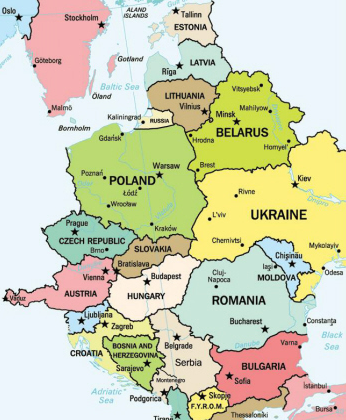John Mauldin from Mauldin Economics has just penned “A Five-Year Global Financial Forecast” and as investors I thought some of those points, which I have summarised below, should certainly be kept in mind.
1. The Japanese experiment with Quantitative Easing is getting dangerous; they are exporting deflation to trade competitors like Germany, China and South Korea.
2. A European crisis at least as severe as 2012 is likely. Italy and France will struggle as the structural flaws in the design of the Euro become apparent.
3. China is “approaching a day of reckoning as it tries to reduce its dependence on debt in its bid for growth, while creating a consumer society.”
4. Emerging markets which have taken on more dollar denominated debt in recent years will suffer as their currencies decline against a strongly rising US dollar.
For a copy John’s full report please click here.
And on other news:
Japanese 5 year Government Bonds hit nil percent earlier this week; and the UK inflation rate in December 2014 hit its lowest level since May 2000.UK Chancellor George Osborne said the drop in the Consumer Price Index (to 0.5 per cent) was “almost entirely driven by external factors such as the oil price” which has more than halved since June, and is “much more welcome than in the eurozone”, where inflation has fallen to negative 0.2 per cent.







